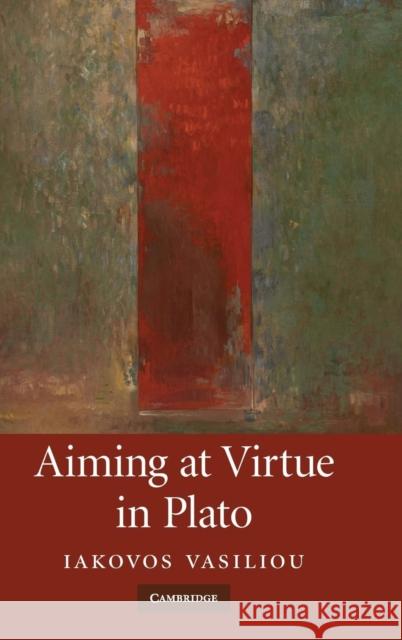Aiming at Virtue in Plato » książka
Aiming at Virtue in Plato
ISBN-13: 9780521862967 / Angielski / Twarda / 2008 / 322 str.
This study of Plato's ethics focuses on the concept of virtue. Based on detailed readings of the most prominent Platonic dialogues on virtue, it argues that there is a central yet previously unnoticed conceptual distinction in Plato between the idea of virtue as the supreme aim of one's actions and the determination of which action-tokens or -types are virtuous. Appreciating the 'aiming/determining distinction' provides detailed and mutually consistent readings of the most well-known Platonic dialogues on virtue as well as original interpretations of central Platonic questions. Unlike most examinations of Plato's ethics, this study does not take as its centrepiece the 'eudaimonist framework', which focuses on the relationship between virtue and happiness. Instead, it argues that the dialogues themselves begin with the idea of the supremacy of virtue, examine how that claim can be defended, and address how to determine what constitutes the virtuous action.











